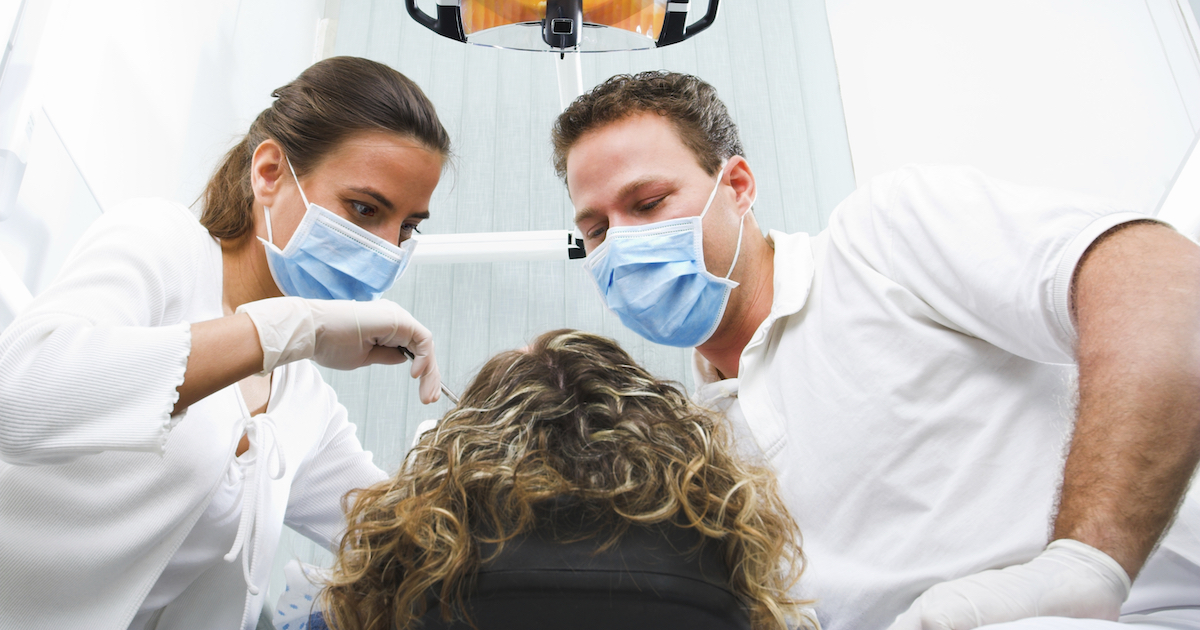Guide To Preventing And Treating A Dental Abscess
Oral Surgery

Oral surgery may be needed in particular types of abscesses and in abscesses that are severe or recurring. Though general dentists can perform minor procedures, oral surgeons typically handle most oral surgeries. This treatment is often recommended for patients who have periapical abscesses, which start in the soft pulp of the tooth, and are experiencing a recurring infection. In these cases, surgeons will simply remove the affected tissue.
Surgery may also be appropriate for patients with periodontal abscesses that begin in the jaw and affect the gums. These patients will have the diseased gum pocket removed, and the surrounding gum tissue will be reshaped. The surgery is generally performed at specialist dental surgery facilities. Patients often have local anesthesia, usually combined with light sedation given intravenously. Patients must avoid eating or drinking for at least eight hours before their procedure, and someone must take the patient home following the operation. Patient's vital signs, including their heart rate, oxygen saturation, and blood pressure, will be closely monitored during the procedure. After surgery, patients may be prescribed pain relievers, and they will have follow-up appointments with the oral surgeon and their dentist to check progress.
Read more about how to preventing and treat a dental abscess now.